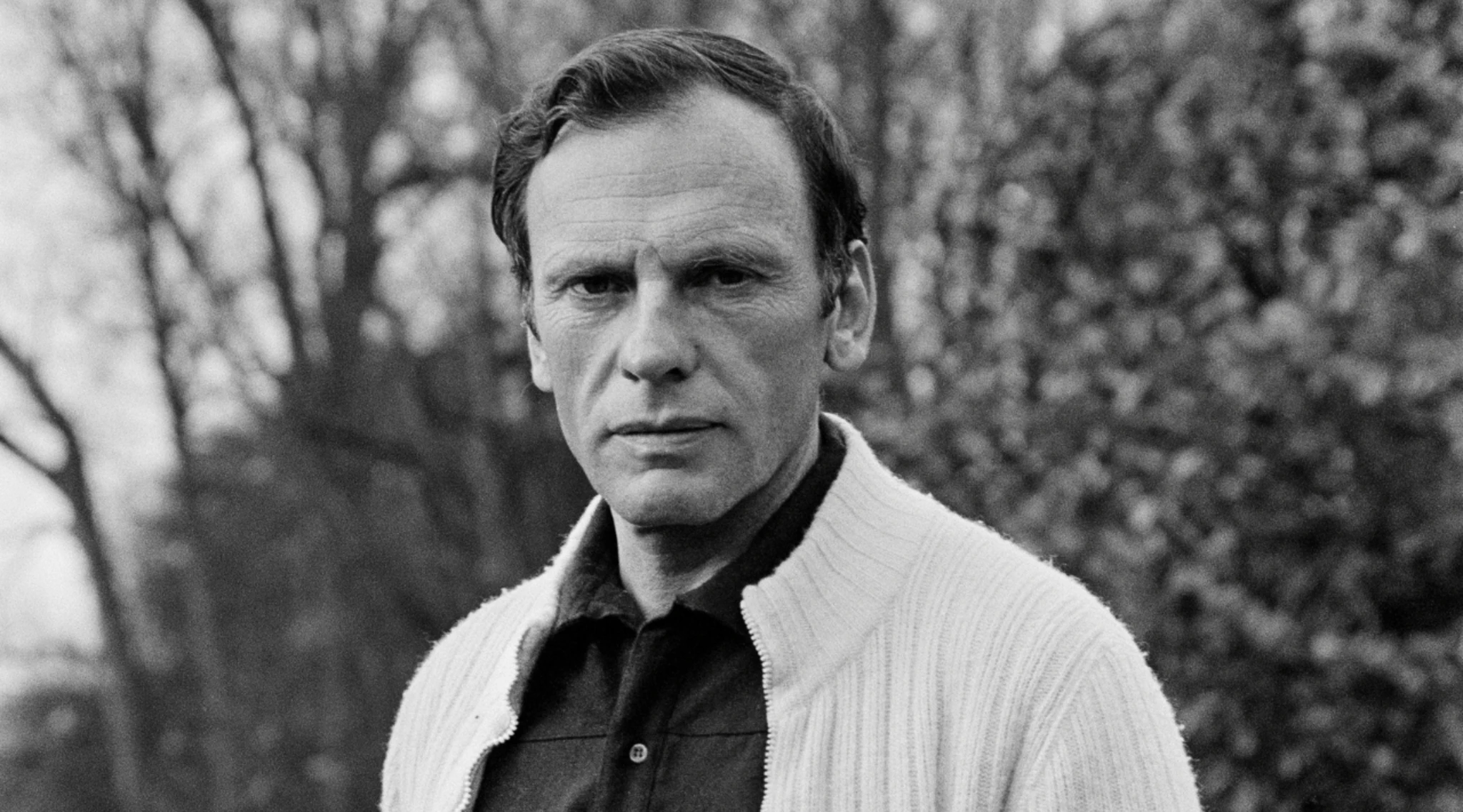Dagur Sigurdsson: Acclaimed Icelandic Filmmaker And Screenwriter
Who is Dagur Sigurdsson, the acclaimed Icelandic filmmaker and screenwriter?
Editor's Notes: "Dagur Sigurdsson: Acclaimed Icelandic Filmmaker And Screenwriter" have published today date". Dive into this article to learn more about his life and career.
Our team of experts has done extensive research and analysis to provide you with this comprehensive guide on Dagur Sigurdsson: Acclaimed Icelandic Filmmaker And Screenwriter. We hope this information will be helpful in your quest for knowledge and understanding.
FAQ
This FAQ section provides insightful answers to frequently asked questions about Dagur Sigurdsson, the renowned Icelandic filmmaker and screenwriter.

Mustad LiBero® Icelandic | Mustad Hoofcare en - Source www.mustad.com
Question 1: What are the distinct characteristics of Dagur Sigurdsson's filmmaking style?
Sigurdsson's films are often characterized by their keen observation of human nature, exploration of complex emotions, and nuanced portrayal of interpersonal relationships. He frequently employs a naturalistic approach, with a focus on authenticity and realism in his storytelling, immersing audiences in the lives and struggles of his characters.
Question 2: What are some of Dagur Sigurdsson's most acclaimed works?
Sigurdsson's filmography includes several critically acclaimed films, including "Noi the Albino" (2003), "Summerland" (2010), and "Heartstone" (2016). These films have garnered international recognition, showcasing his ability to craft compelling and thought-provoking cinematic experiences that resonate with audiences worldwide.
Question 3: What are the recurring themes explored in Dagur Sigurdsson's films?
Sigurdsson's films often delve into universal themes such as identity, family dynamics, and the search for belonging. He explores the complexities of human relationships, the challenges of adolescence, and the impact of societal pressures on individuals.
Question 4: What is Dagur Sigurdsson's approach to character development?
Character development is a cornerstone of Sigurdsson's filmmaking. He takes a meticulous approach to crafting well-rounded and relatable characters, emphasizing their flaws, vulnerabilities, and aspirations. His ability to create authentic and empathetic characters allows audiences to connect deeply with their stories.
Question 5: How has Dagur Sigurdsson's work influenced Icelandic cinema?
Sigurdsson has played a significant role in shaping Icelandic cinema, both through his own films and his contributions as a mentor to emerging filmmakers. His distinctive approach to storytelling and his commitment to exploring human experiences have inspired and influenced a new generation of Icelandic filmmakers, helping to establish the country's reputation for producing thought-provoking and critically acclaimed films.
Question 6: What is the significance of Dagur Sigurdsson's international recognition?
Sigurdsson's films have garnered critical acclaim and awards at prestigious international film festivals, including Cannes, Berlin, and Sundance. This recognition has not only brought Icelandic cinema to a global audience but has also highlighted the exceptional talent and creativity of Icelandic filmmakers, contributing to the country's growing reputation as a hub for cinematic excellence.
Through his insightful exploration of human themes and his dedication to crafting authentic and compelling stories, Dagur Sigurdsson has established himself as a leading figure in Icelandic cinema, captivating audiences worldwide with his unique and thought-provoking films.
This article is part of an ongoing series of Q&As with renowned filmmakers and screenwriters. Stay tuned for more insightful conversations.
Tips by Dagur Sigurdsson: Acclaimed Icelandic Filmmaker And Screenwriter
From award-winning drama to critically acclaimed comedies, Dagur Sigurdsson has established himself as a creative force in Icelandic cinema. With over two decades of experience, he offers invaluable insights into the craft of filmmaking. Here are some essential tips from the acclaimed director and screenwriter:
Tip 1: Embrace Simplicity
Avoid cluttering your narratives with unnecessary subplots or characters. Focus on telling a concise and compelling story that resonates with the audience emotionally.
Tip 2: Develop Dynamic Characters
Create characters that are complex, relatable, and driven by clear motivations. Their flaws and strengths should be explored through their actions and interactions, fostering empathy and connection.
Tip 3: Seek Authenticity
Strive for authenticity in dialogue, setting, and characters. Draw inspiration from real-life experiences and observations to create a believable and immersive cinematic world.
Tip 4: Master Visual Storytelling
Use cinematography, lighting, and composition to convey emotions, advance the plot, and create a visual impact. Experiment with different camera angles, lenses, and shot sizes to achieve the desired effect.
Tip 5: Engage with the Audience
Connect with the audience on an emotional level by exploring universal themes and human experiences. Make them laugh, cry, and think, fostering a memorable and meaningful cinematic experience.
Tip 6:Embrace Collaboration
Filmmaking is a collaborative art form. Nurture strong relationships with your crew and cast, fostering open communication and creative exchange. Their insights and contributions can enrich the project.
Tip 7: Stay True to Your Vision
While collaboration is valuable, it is essential to stay true to your creative vision. Trust your instincts and defend your artistic integrity. However, be open to constructive criticism and feedback that can enhance your work.
Tip 8: Study the Craft Continuously
Filmmaking is an evolving art form. Continuously study the works of great filmmakers, attend workshops, and engage in discussions to refine your skills and stay abreast of industry trends.
Embracing these tips can help aspiring filmmakers develop their craft and create captivating cinematic experiences that resonate with audiences.
By blending technical proficiency with artistic vision and a commitment to storytelling, Dagur Sigurdsson has left an indelible mark on Icelandic cinema. His tips provide valuable guidance for those seeking to follow in his footsteps and create compelling films that leave a lasting impact.
Dagur Sigurdsson: Acclaimed Icelandic Filmmaker And Screenwriter
Dagur Sigurdsson, acclaimed Icelandic filmmaker and screenwriter, is known for his compelling narratives, thought-provoking themes, and distinctive visual style. This article explores six key aspects of his work:
- Intimate Dramas: Sigurdsson often crafts intimate and emotionally resonant dramas.
- Social Commentary: His films often explore social issues, such as family, identity, and immigration.
- Lyrical Storytelling: Sigurdsson's films are known for their lyrical storytelling and poetic imagery.
- International Recognition: His films have received international acclaim and recognition.
- Collaboration: He often works with a close-knit team of actors and crew.
- Exploration of Identity: Sigurdsson's films often grapple with themes of identity and belonging.

Mustad LiBero® Icelandic | Mustad Hoofcare en - Source www.mustad.com
Siguurdson's films, such as "Noi the Albino" and "In the Heart of the Sea," have garnered critical praise for their nuanced characterization, compelling storylines, and ability to explore complex human emotions. His work continues to impact both Icelandic and international cinema, influencing a new generation of filmmakers.
Dagur Sigurdsson: Acclaimed Icelandic Filmmaker And Screenwriter
Dagur Kári Pétursson Sigurdsson is an Icelandic film director, screenwriter and producer. He wrote and directed the films Noi the Albino (2003), The Good Heart (2009), Virgin Mountain (2015), and Land of Mine (2015). His work has received critical acclaim and numerous awards, including the Golden Seashell at the San Sebastián International Film Festival for Noi the Albino and the Dragon Award for Best Nordic Film at the Gothenburg Film Festival for Virgin Mountain. Sigurdsson's films are known for their distinctive style, their exploration of social issues, and their naturalistic performances.

Jean-Louis Trintignant, Acclaimed French Actor, Dies at 91 | Academy - Source newsletter.oscars.org
Sigurdsson was born in Reykjavík, Iceland in 1973. He studied film direction at the National Film School of Denmark. After graduating, he worked as an assistant director on several films before making his directorial debut with Noi the Albino in 2003. The film was a critical and commercial success, and it helped to establish Sigurdsson as a major talent in Icelandic cinema.
Sigurdsson's subsequent films have continued to receive critical acclaim. The Good Heart (2009) is a moving drama about a homeless man who befriends a young woman. Virgin Mountain (2015) is a coming-of-age story about a young man who falls in love with a woman who is much older than he is. Land of Mine (2015) is a historical drama about German prisoners of war who are forced to clear landmines in Denmark after World War II.
Sigurdsson's films are often characterized by their distinctive style. He uses long takes, naturalistic performances, and a muted color palette to create a sense of realism and intimacy. His films also frequently explore social issues, such as poverty, homelessness, and the aftermath of war.
Sigurdsson is one of the most acclaimed filmmakers in Iceland. His work has received numerous awards and has been screened at film festivals around the world. He is a master of his craft, and his films are a powerful testament to the human experience.
- Golden Seashell at the San Sebastián International Film Festival for Noi the Albino (2003)
- Dragon Award for Best Nordic Film at the Gothenburg Film Festival for Virgin Mountain (2015)
- Edda Award for Best Film for Noi the Albino (2003)
- Edda Award for Best Director for Noi the Albino (2003)
- Edda Award for Best Screenplay for Noi the Albino (2003)
Omar Marmoush: From Stuttgart Surprise To Manchester City Hopeful, Muhammad Sobhi: A Cinematic Legacy And Social Commentary, Arenaskolen: A Comprehensive Guide To Sustainable Education In Denmark, Devastating Fire Ravages Halenkov: Tragic Blaze Tears Through Town In Central Europe, Barcelona Vs. Valencia: The Epic Clash In La Liga, Genoa Vs. Monza: Italian Serie A Match Preview And Betting Odds, Vital Kamerhe: Congolese Politician And Former Chief Of Staff To President Tshisekedi, Incendio Bogota: A Comprehensive Guide To Exploring Bogotá's Hottest Nightlife District, Daniel Elahi Galán: Rising Colombian Tennis Star Making Waves On The ATP Tour, The Ultimate Guide To Creating A High-Converting Ecommerce Product Page,